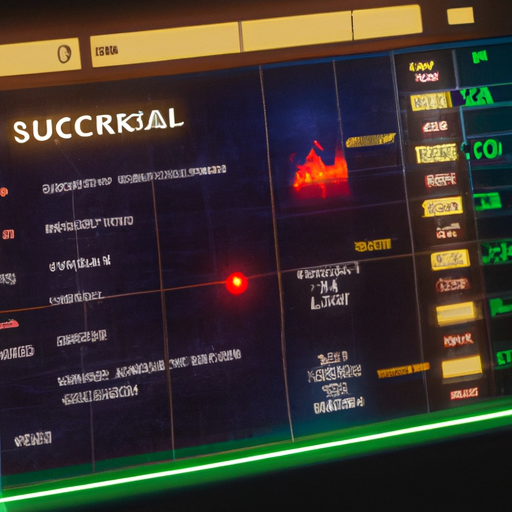
Adding the possibility to create separate calibration charts with custom inclusion criteria also counts.
🏅 Top traders
| # | Name | Total profit |
|---|---|---|
| 1 | Ṁ156 | |
| 2 | Ṁ121 | |
| 3 | Ṁ82 | |
| 4 | Ṁ65 | |
| 5 | Ṁ54 |
People are also trading
I support the option being available, but I think it's likely bad practice for an individual to use it. If you're consistently failing to predict the outcomes of self-referential markets, that does meaningfully reflect on your general forecasting ability. Self-referential markets often put some users against each other, which leads them to be strongly anti-inductive, which is why they're hard to predict; but many things in real life are also anti-inductive in the same way! (e.g. the stock market.) It just happens at a larger scale, so the actions of a single individual have a harder time influencing the outcome.
@IsaacKing IMO predicting real life events and playing self-referential social games are significantly different skills, and even assuming they're closely related the magintude of profits mean participation in the latter makes them dominate calibration. Roughly half of my profit comes from two markets: 1. realizing you miscalculated incentives 2. spotting a profit transfer in progress and placing a limit order.
@ian in general filtering by group would work nicely, everybody could just make their own "markets I want to ignore" group based on what they find useful